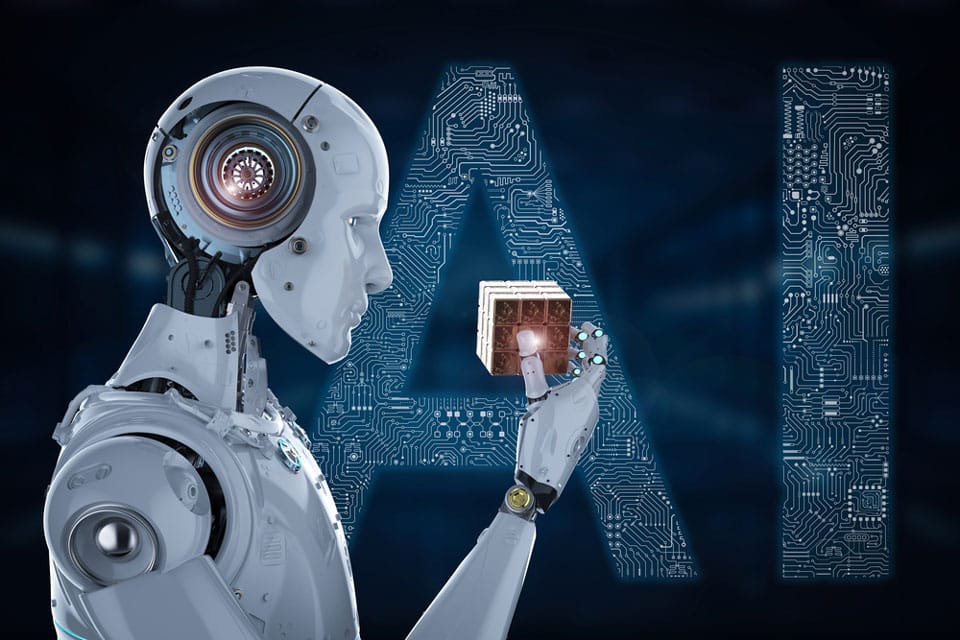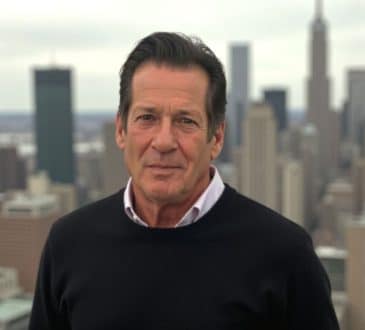42% of CEOs fear artificial intelligence (AI) could destroy humanity in 5-10 years

The survey results from the invitation-only Yale CEO Summit regarding artificial intelligence (AI) present a diverse range of perspectives among CEOs. According to the study, 42% of CEOs expressed concern that AI can potentially destroy humanity within the next 5 to 10 years. This view was characterized as “dark and alarming” by Yale professor Jeffrey Sonnenfeld, who shared the results.
On the other hand, 58% of CEOs stated that they are “not worried” and believe that AI is unlikely to lead to such catastrophic outcomes. Additionally, 42% of the CEOs surveyed believed that the potential risks associated with AI are overstated, while the remaining 58% disagreed with this notion.
It’s worth noting that the survey included responses from various CEOs representing different industries, including retail, technology, pharmaceuticals, media, and manufacturing. A total of 119 CEOs took part in the survey, including Walmart CEO Doug McMillion, and Coca-Cola CEO James Quincy—though it’s not clear which leaders responded to the study.
The lack of consensus among CEOs regarding the risks and opportunities of AI reflects the complex and evolving nature of the technology and its potential impact on society.
These results highlight the ongoing debate and uncertainties surrounding AI, with some expressing concerns about its potential negative consequences, while others remain optimistic about its positive contributions. It emphasizes the need for ongoing discussions, research, and ethical considerations to ensure responsible future development and deployment of AI technologies.
WHAT’S NEXT:
CEOs, including those surveyed at the Yale CEO Summit, often overlook the fact that AI has the potential to supplement human labor and optimize the performance of both artificial intelligence and human workers. Instead of perceiving AI as a threat to jobs, it can be seen as a tool that simplifies or eliminates menial tasks, allowing humans to focus on more complex and creative endeavors.
AI’s ability to automate repetitive and mundane tasks can free up valuable time and energy for workers to engage in activities that require critical thinking, problem-solving, and interpersonal skills. This shift in focus can lead to increased job satisfaction and overall productivity.
While the survey results indicate varying perspectives among CEOs, it is important to note that not all business leaders disregard the positive impacts of AI. The complex nature of AI’s influence on the workforce necessitates ongoing discussions and consideration of different viewpoints.
Rather than completely dismissing the potential benefits of AI, it is crucial to strike a balance that leverages AI technology to augment human capabilities and create a positive and inclusive work environment.
As AI continues to evolve, finding the right harmony between AI and human workers will be a significant challenge that organizations and society must address. It is essential to deploy AI in a manner that embraces its potential while ensuring the well-being and success of the workforce.
Have you read?
Wealthiest Sports Owners in the World?
World’s Richest Actors And Their Net Worth.
World Richest Tennis Players And Their Net Worth.
Richest NFL (National Football League) Players.
Top CEOs in Singapore, 2023.
Ready to join the CEOWORLD magazine Executive Council– Find out if you are eligible to apply.
Bring the best of the CEOWORLD magazine's global journalism to audiences in the United States and around the world. - Add CEOWORLD magazine to your Google News feed.
Follow CEOWORLD magazine headlines on: Google News, LinkedIn, Twitter, and Facebook.
Copyright 2025 The CEOWORLD magazine. All rights reserved. This material (and any extract from it) must not be copied, redistributed or placed on any website, without CEOWORLD magazine' prior written consent. For media queries, please contact: info@ceoworld.biz








